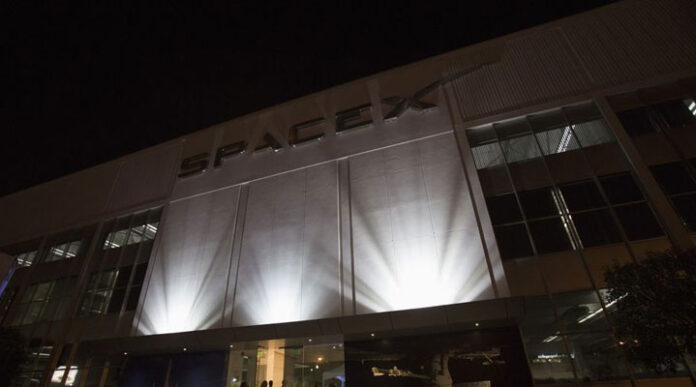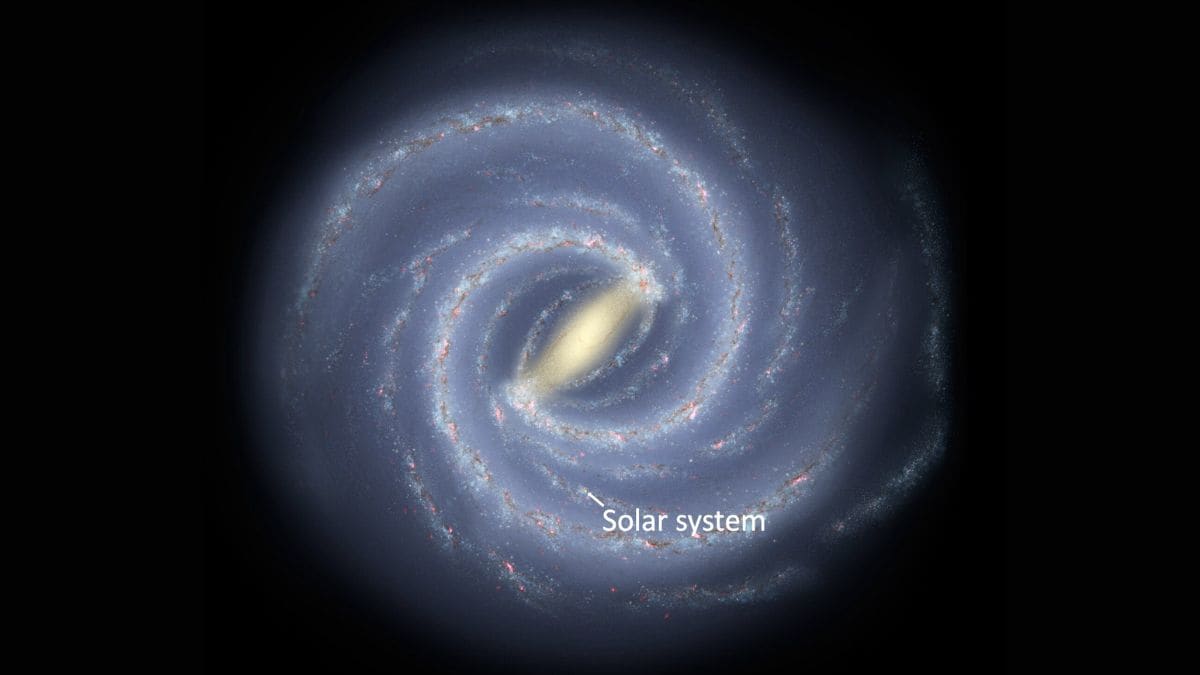WASHINGTON, August 26 (Reuters) – (This story was refiled on August 26 to restore a dropped word in the final paragraph.)
A U.S. appeals court upheld the Federal Communications Commission’s (FCC) decision on Friday to approve SpaceX’s plan to deploy some Starlink satellites in a lower Earth orbit than planned as part of its push to offer space-based broadband internet.
Elon Musk’s SpaceX received FCC approval in 2021 to launch 2,824 satellites into a lower orbit to provide high-speed broadband internet access to people who currently lack it. The FCC approval was challenged by competitors Viasat Inc and DISH Network Corp.
According to Viasat, the decision is a “setback for both space safety and environmental protection.”
If the court had forced the FCC to address “complicated issues surrounding the deployment of mega-constellations in (low-Earth orbit), we believe harmful impacts that would otherwise persist for decades or even centuries could have been avoided,” according to the company.
Viasat noted in a court filing that SpaceX’s deployment plan was massive, noting that “by comparison, approximately 10,000 satellites have been launched in total in all of human history.”
According to the court ruling, “Viasat operates only a single satellite that flies close to SpaceX’s constellation,” and “this theory of injury is far too speculative.”
Dish noted that the decision does not change FCC rules prohibiting SpaceX and other operators from interfering with satellite television service. DISH stated, “We will remain vigilant in ensuring that SpaceX operations do not harm our millions of satellite customers.”
SpaceX did not respond immediately.
T-Mobile US Inc announced on Thursday that it would use SpaceX’s Starlink satellites to provide network access to mobile users in parts of the United States, outlining plans to connect users’ mobile phones directly to satellites in orbit.
The new plans will coexist with T-current Mobile’s cellular services.
Since 2019, SpaceX has launched nearly 3,000 low-Earth-orbiting Starlink satellites, far outpacing competitors OneWeb and Amazon.com Inc’s Project Kuiper.
After tentatively awarding the funds in 2020, the FCC rejected SpaceX’s Starlink applications for $885.5 million in internet service subsidies last month.





